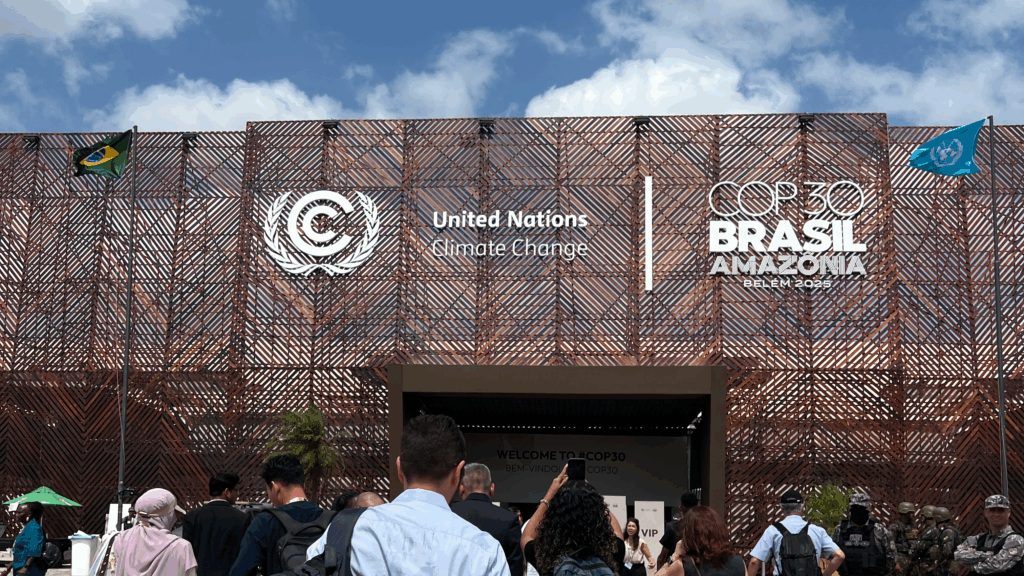
Indigenous Peoples’ culture-led regenerative agriculture
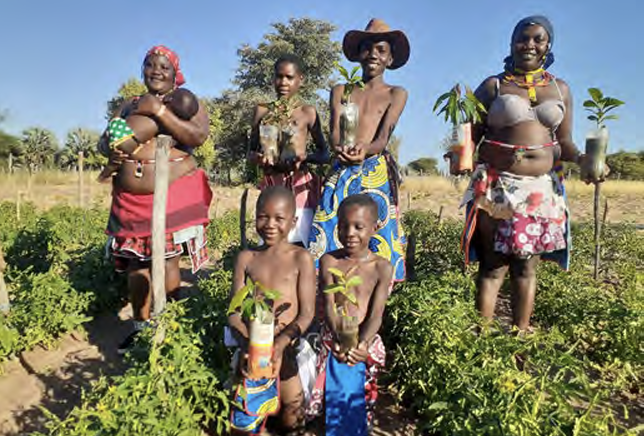
About
The Marginalized Mirror
To address the needs of pastoralist Ovazemba communities in Otjiyandjamwenyo village in Namibia, facing recurring droughts with loss of livestock, The Marginalized Mirror supports culture-led, gender- responsive planning and implementation of regenerative agriculture. Knowledge sharing sessions on vermicompost, crop rotations, permaculture and drip irrigation were organised. A vegetable garden was set-up and managed by women and youth, producing organic healthy food. The project champions indigenous people’s rights for self-gover- nance, independent decision making, and peer-to-peer learning. Working with community leaders, this initiative provides daily meals to orphans, the elderly, and disabled individuals.
read the latest from our network
We work across regions and movements in deep solidarity. Together, we’re building collective advocacy to global problems.


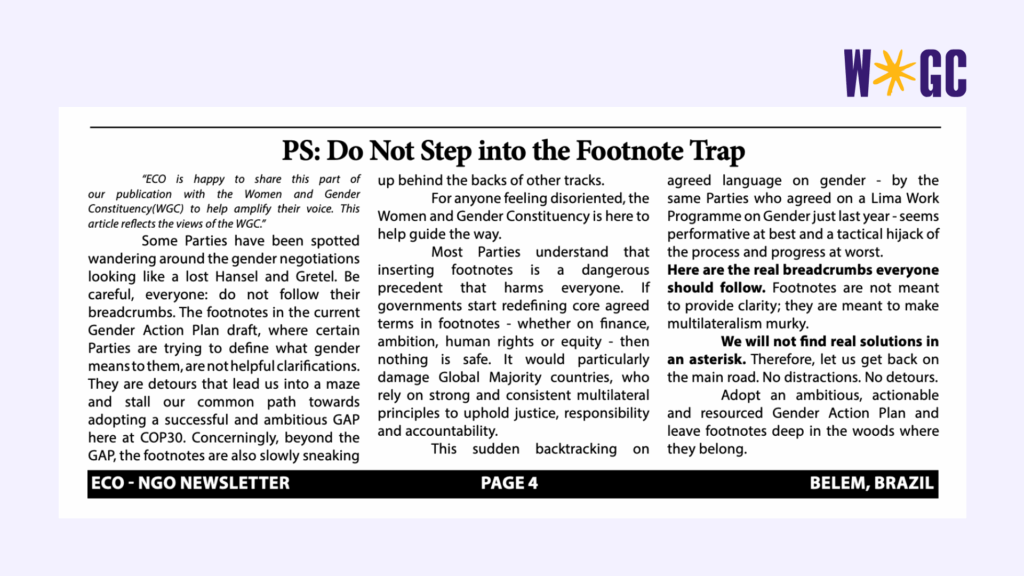
PS: Do Not Step into the Footnote Trap
19/11/2025
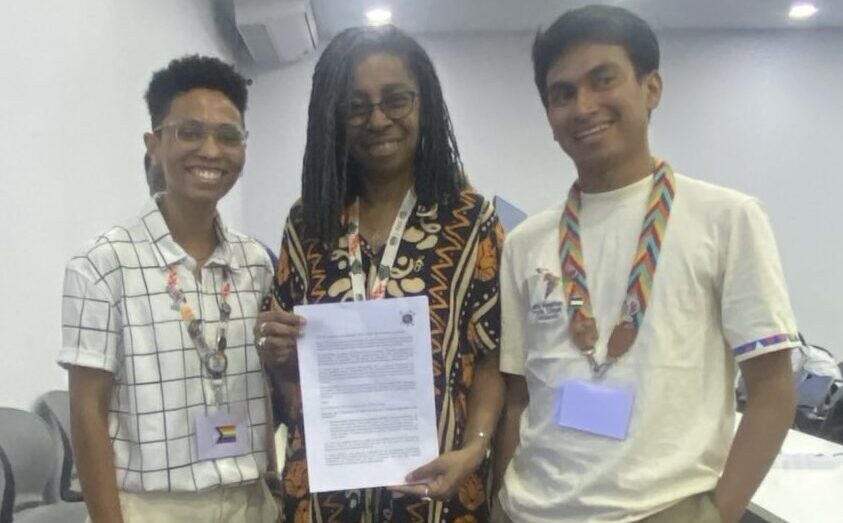
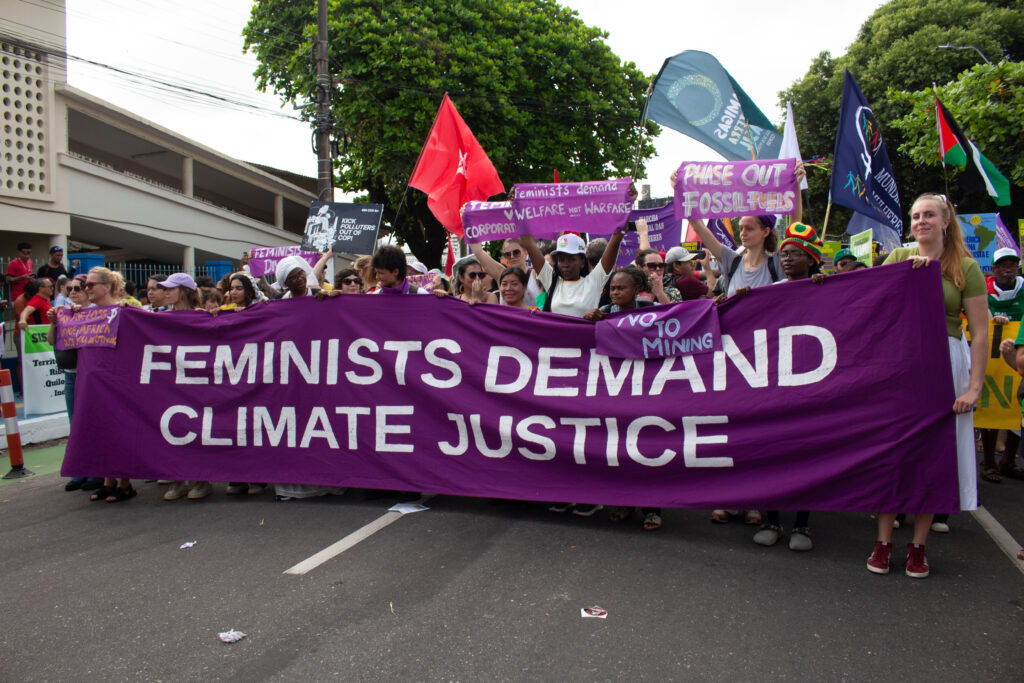
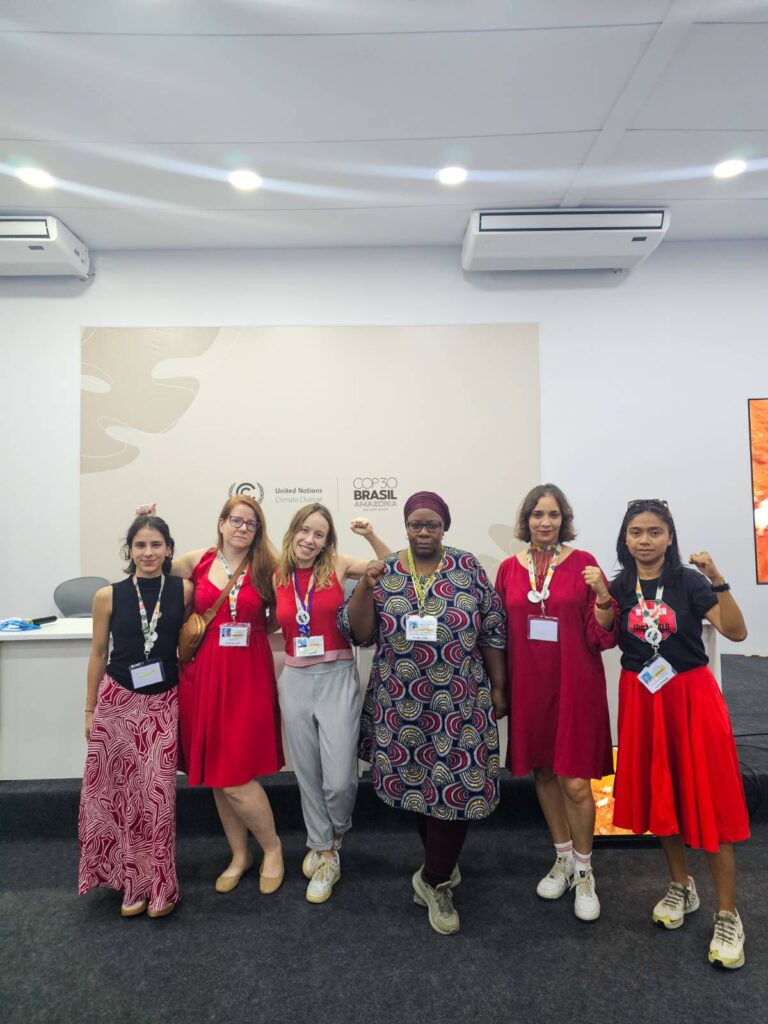
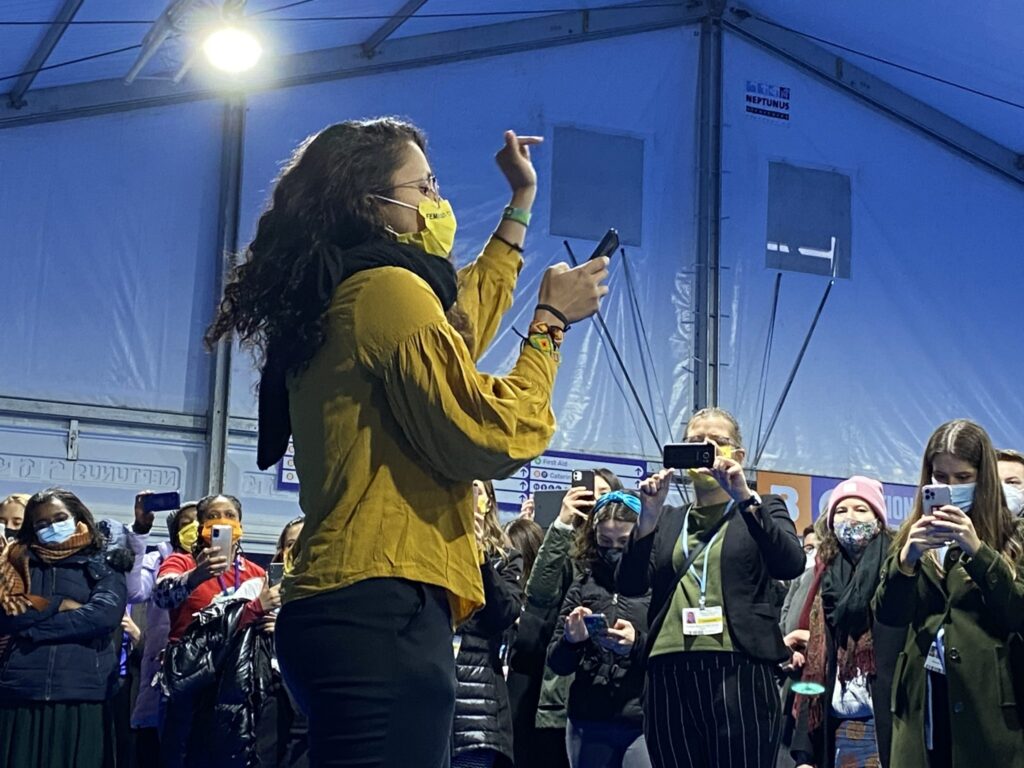
Gender Just Climate Action requires truth
12/11/2025

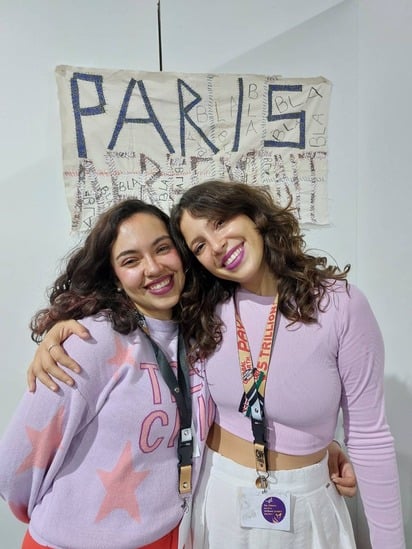
Nov 11 Action Alert: Gender Justice Day
10/11/2025








